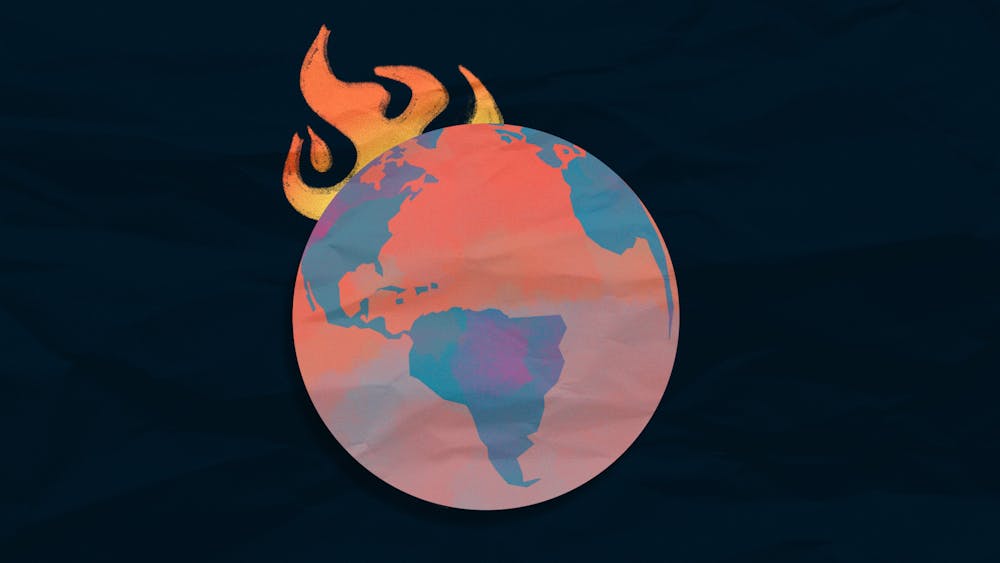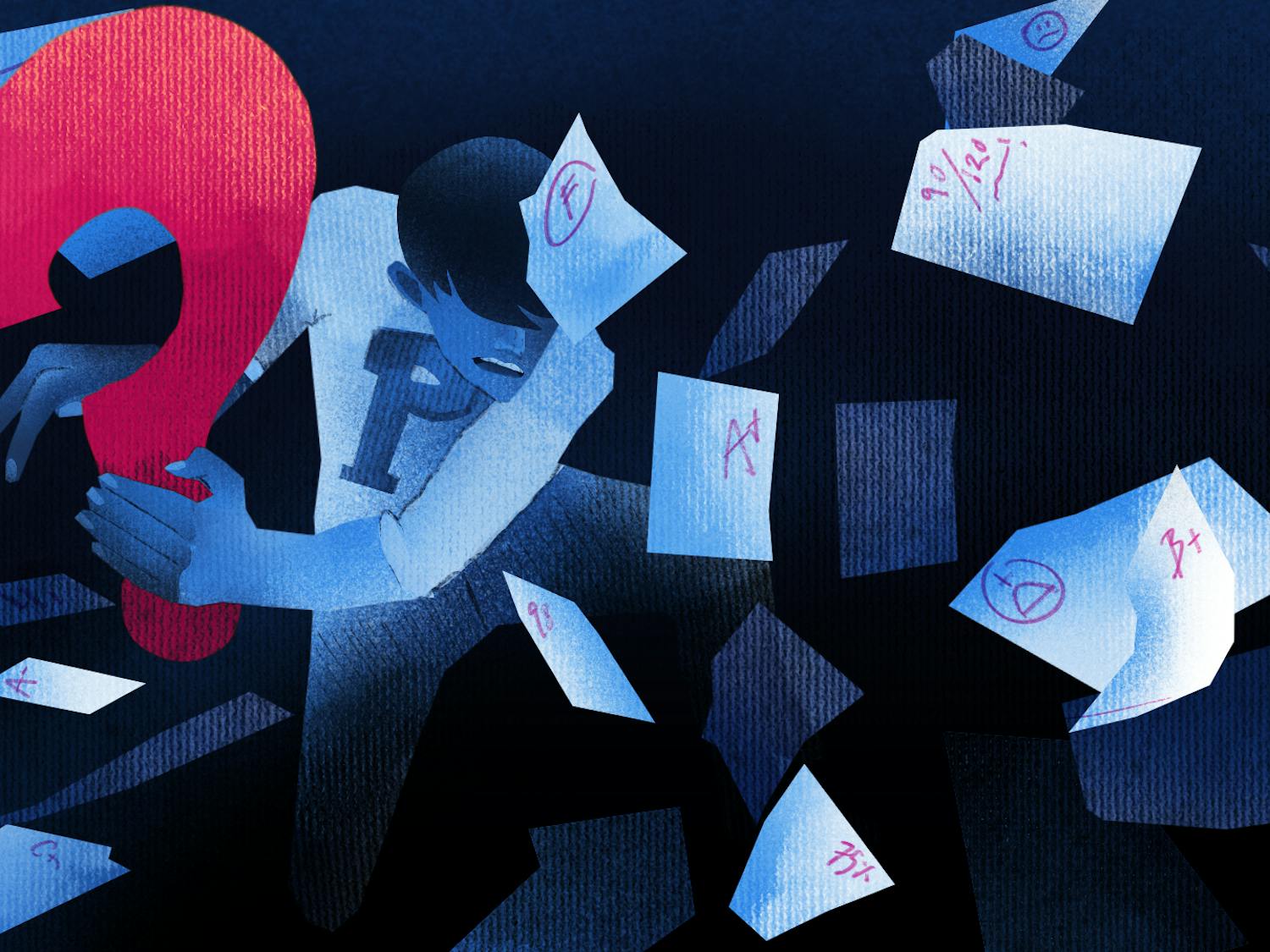As a kid, it is easy to imagine a picturesque future: a long and beautiful life full of all of the things you have ever wanted. But at a certain point, life experiences reveal the unpredictable nature of the world and the damage that we, as humans, have done to it. We live, learn, work, repopulate, and say our goodbyes.
So, when is it time to recalibrate and realize that this life we dream of isn’t guaranteed? It can’t be guaranteed with the threat of an irreversible climate fiasco looming over us, regardless of socioeconomic background, religion, age, gender, or political party. The record-breaking frequency and intensity of wildfires, hurricanes, and floods should not become normal as society continues operating business as usual. We are the generation that has been dealt a heavy deck of cards, and we are not prepared for what is yet to come.
Surprisingly, many college students do not understand the causes or impacts of climate change. Interdisciplinary coursework is highly encouraged at Penn, and many students take required foundations and sectors of knowledge to buttress their academic portfolios. Penn has the capability and opportunity to implement a climate literacy graduation requirement across disciplines in order to positively impact individuals and the environment at large.
Any student in higher education can benefit from courses focused on the changing environment, solutions, and impacts, whether they intend to be a politician, healthcare worker, or investment banker. Dr. Michael Mann, an inspiring environmental scientist and Penn professor, says that in order to combat the forces of inaction, we first need to recognize them. The forces of inaction include institutions that choose to ignore global climate change instead of facing it head-on, since we can’t make meaningful change without a collective effort.
Climate denial is threatening scientific communication and can be addressed and reframed through education. 49% of Americans are either cautious, disengaged, doubtful, or dismissive when it comes to climate change — as opposed to those who are concerned and alarmed — according to Global Warming’s Six Americas.
Some would argue that requiring climate literacy in higher education will not target the doubtful or dismissive typologies because they are harder to reach. Most climate deniers are older, conservative, uneducated men who do not think that climate change is real, or actively endorse climate-related conspiracy theories.
Regardless, addressing misconceptions about climate change in an academic setting prevents the spread of misinformation and increases positive agency and advocacy. The inoculative structure of “prebunking,” or exposing disinformation strategies, as described by Dr. Stephan Lewandowsky, is proven to effectively change the way that people process information without attacking or alienating an audience.
Environmental journalist Wolfgang Blau uses his expertise in communications to emphasize the inclusion of climate change within all forms of media, which extends to education. Exposure to the interconnectedness between climate change and daily life can give way to a generation of climate literacy. If students are prepared to encounter content containing extreme weather events, heat-trapping pollutants, and environmental policy, they will be better equipped to synthesize and apply this information to their lives productively.
It is time for students to shuffle their hand and draw their own cards by demanding that Penn reexamine graduation requirements to include courses attributed to deeply understanding climate communication, misinformation, and literacy. If we fail to adapt, we will not only give up our existence but also our right to a comprehensive education.
BEAUE BERNSTEIN is a College sophomore studying environmental studies with a concentration in sustainability and environmental management from Orange County, Calif. Her email is beaue@sas.upenn.edu.









